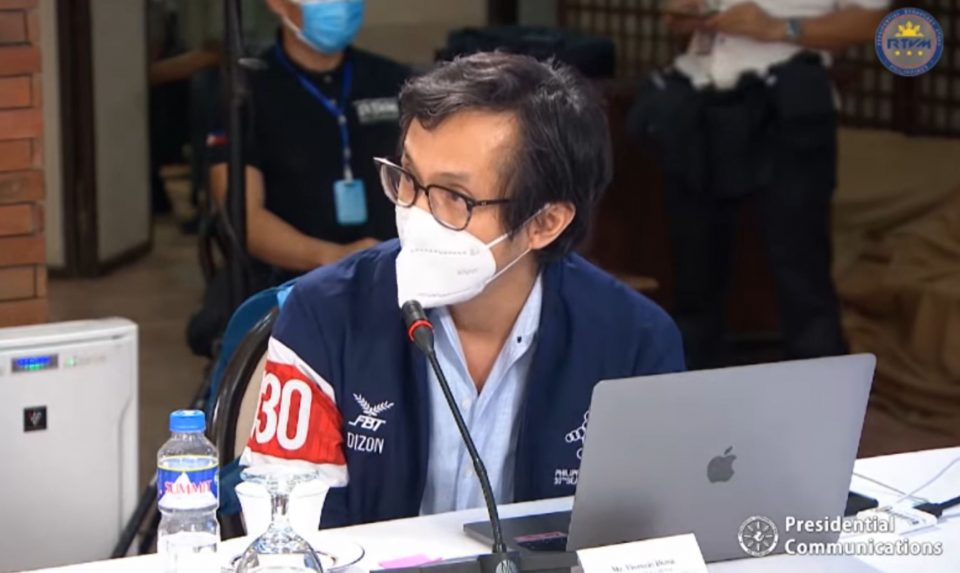(Eagle News) – After building quarantine and isolation facilities, the Philippine government will now also be embarking on building mega swabbing facilities.
This is part of the country’s push for massive testing for COVIS-19 nationwide, Malacanang said.
Presidential Spokesperson Harry Roque Jr., announced that there are already four mega-swabbing facilities in place that had been approved by the Inter-Agency Task Force on Emerging Infectious Diseases (IATF-EID)
-4 mega swabbing facilities set up so far-
Currently, there are four mega swabbing facilities. These are in the Enderun Colleges in Taguig; at the Ciudad de Victoria grounds near the Philippine Arena in Bulacan; at the Mall of Asia in Pasay; and at the Palacio de Maynila in Manila.
These mega swabbing facilities were built through government and private sector collaboration, according to Vivencio Dizon, Deputy Chief Implementer of the National Task Force Against COVID-19, also designated as the Chief Coordinator of the Trace, Treat, Test (T3) Program.
There are also plans to build another mega swabbing facility at the Philippine Stadium, near the Philippine Arena.

Dizon, who is also Bases and Conversion Development Authority (BCDA) President and CEO, said that the immediate goal is to test 25,000 Overseas Filipino Workers (OFWs) and Overseas Filipinos (OFs) who are currently hosted in various quarantine facilities.
“This is to decongest said quarantine facilities in order to accommodate more OFWs and OFs in the coming weeks as soon as the ban on inbound flights is lifted,” Malacanang said.
Through swabbing, samples from those to undergo COVID-19 PCR tests are taken from the population. These samples are then taken to certified COVID-19 laboratories for study and results. The PCR tests or the polymerise chain reaction (PCR) test is what is considered as the “gold standard” for COVID-19 testing.
The PCR tests directly detect the presence of an antigen, by detecting viral RNA, which will be present in the body even before antibodies form or symptoms of the disease are present. These tests can therefore tell whether or not someone has the virus very early on.
It is different from the rapid antibody tests that only detect the presence of the body’s immune response, or antibodies to the virus that causes COVID-19. The presence of antibodies as detected by rapid test kits only mean that a person has had COVID-19, and had therefore already developed antibodies to it. It does not detect the virus in its early stages. Therefore, a negative result for rapid antibody tests do not mean that one does not have the virus; thus the need for a PCR confirmatory test.
The country currently has 23 laboratories. Dizon said the government plans to have a total of 78 laboratories certified by the Department of Health running and operational by end of May.
The Philippine government also targets to do 30,000 tests daily by May 30.
It has so far failed to reach its target of 8,000 to 10,000 tests a day by end of April.
(Eagle News Service)








